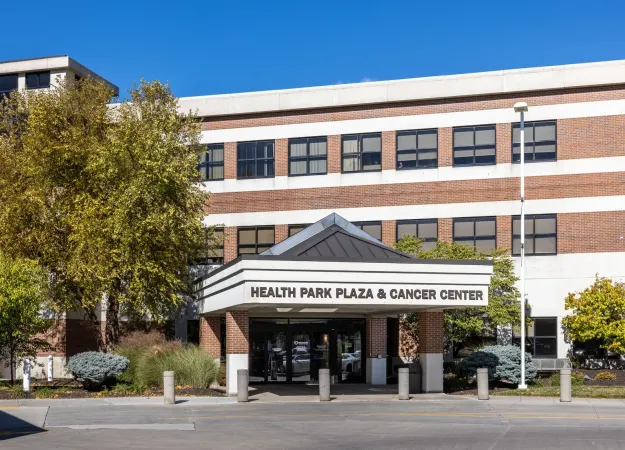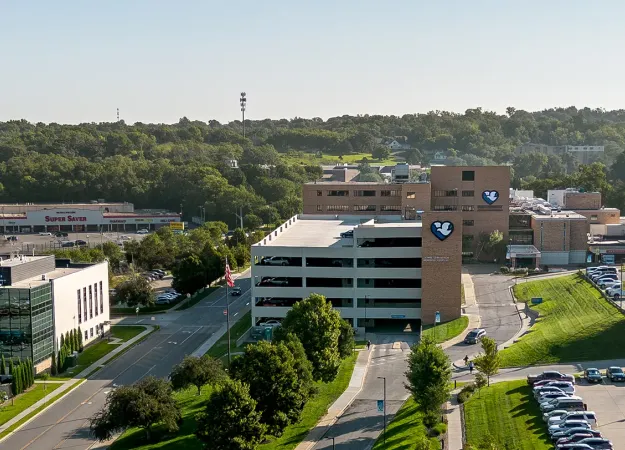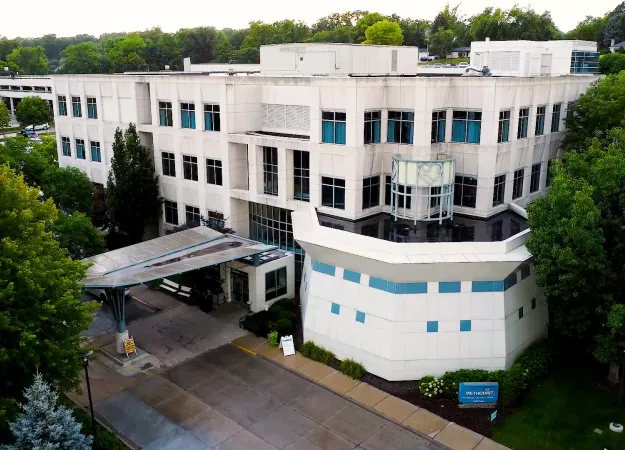
Cancer Treatment
Find a Provider
Why Methodist?
Methodist provides a highly integrated approach to care, balancing treatment that may include one or several treatment options. Through collaboration with our oncology clinical research team, we actively assess appropriate patients for clinical trial participation and enrollment. We also offer a nationally accredited stem cell treatment program.
CAR T Therapy
For some lymphoma patients who haven’t responded to previous treatments, CAR T – a specific type of immunotherapy – uses T cells from the patient, which become reengineered into cancer-fighting CAR (chimeric antigen receptor) T cells.
In partnership with Nebraska Cancer Specialists, Methodist offers two types of FDA-approved CAR T therapy for those who are deemed candidates by their providers, allowing many lymphoma patients the opportunity to access this state-of-the-art treatment close to home.
Patients selected for this therapy (or identified donors) will undergo a T cell collection process at Methodist Estabrook Cancer Center’s Infusion Center. Those cells, which are then sent to an out-of-state processing facility and reengineered, are sent back and delivered to the patient via infusion. On average, the reengineering process takes about 16 days. Patients can expect about a two-week hospital stay following treatment.
Interventional Radiology
Some complex cancers, including kidney and liver cancer, may be treated with interventional radiology (IR) – instead of traditional open surgery. Incisions are smaller, your recovery is quicker, and there are fewer complications.
Medical Oncology
Medical oncologists create a treatment plan specific to the genetic makeup of your cancer, which may include chemotherapy and/or other therapies and medications.
Methodist Health System is home to these medical oncology practices:
Your medical oncologist will work directly with your provider to create a unique, personalized plan for your cancer. Any recommended treatments are administered directly through your medical oncology office.
Radiation Oncology
Radiation oncology targets cancer cells to shrink tumors and control the progression of disease. We use some of the latest, most proven technologies for cancer-targeting precision while sparing healthy surrounding cells.
Surface Guided Radiation Therapy (SGRT)
Not all radiation therapy requires tattoos or permanent marker-drawn X’s on the skin to accurately target a tumor’s location.
Surface-guided radiation therapy (SGRT) – often referred to as markless radiation – uses three different cameras to capture specific contours of a patient’s body and keep watch for movement or variation in real time during treatment. This ensures the most precise radiation delivery possible while minimizing exposure to surrounding healthy tissue.
SGRT may be especially beneficial for a variety of cancers, including:
- Breast
- Head and neck
- Lung
Surgical Treatment
In many cases, surgery offers the best hope for halting cancer. Not only does surgery help diagnose specific cancers and remove tumors, but it can also identify the spread of cancer.
Our surgical oncologists use the most advanced and comprehensive surgical treatment options and techniques for our patients battling all stages of various cancers, including:
- Breast
- Bladder
- Cervical
- Colon and rectum
- Endometrial
- Head and neck
- Kidney/Renal
- Liver
- Lung
- Ovarian
- Pancreas
- Prostate
- Skin, including melanoma
- Stomach
Stem Cell Treatment
In some cases, transplantation of blood-forming stem cells may allow you to get high doses of chemotherapy, radiation or both to strengthen your treatment. Methodist’s stem cell transplant services are offered for a variety of conditions including:
- Leukemia
- Lymphoma
- Multiple myeloma
Methodist offers one of only three programs in Nebraska earning accreditation from the Foundation for the Accreditation of Cellular Therapy (FACT).


